Seafarers: at the Core of Shipping’s Future
Domestic and International seafarers servicing Australia have endured a lot throughout the pandemic – extended periods away from home, multiple periods in quarantine and no shore leave while working. They have shown resilience and determination to keep the Australian economy functioning, for which we all owe them a tremendous debt of thanks.
Without our Australian seafarers, ships would stop, ports would close, goods would not make it into the country and the resources sector would grind to a halt.
Seafaring skills are not just critical for working on ships, but are also fundamental to shore-based activities and to the broader economy. The functioning and success of Australia’s ports, major offshore energy projects and critical shore-side infrastructure all depend on the availability of qualified and experienced seafarers. Seafarers also facilitate domestic and international trade which directly impacts consumers and businesses around Australia and the world. Without these skills, Australia’s maritime industry suffers, and parts of the economy become seriously compromised.
Teresa Lloyd, MIAL CEO, observed “As everyone with an interest in the maritime industry knows the workforce is ageing, the opportunities to train and work in the industry are reducing yet the need for qualified and experienced officers is as great as ever.”
Australia exposes itself to great risk by relying solely on immigration to fill those maritime roles, given the global imbalance in supply and demand for quality seafarers.
Many nations offer attractive arrangements for shipowners to conduct business in their jurisdictions, in many cases with the specific policy aim of securing the maritime skills base for their nation.
Australia needs to take action to revive the Australian shipping industry and secure the maritime capability and skills our nation has relied on in the past and desperately needs in the future.
Building an Australian shipping capability makes sense as part of the broader picture of ensuring Australian self-reliance, such as our investment in our inland rail.
There are sound economic reasons to build a national shipping capability, not the least of which is to secure the maritime skills our nation so heavily relies upon. The MIAL roadmap for Australia maritime resilience steps through what is necessary, and the time for implementation of that is now.

